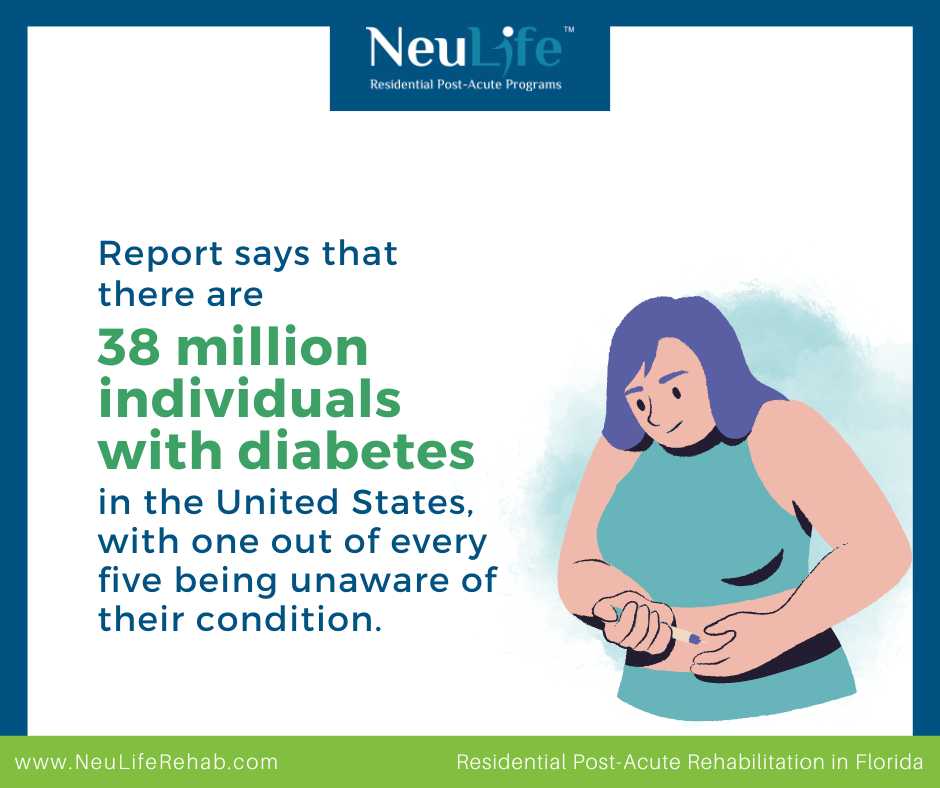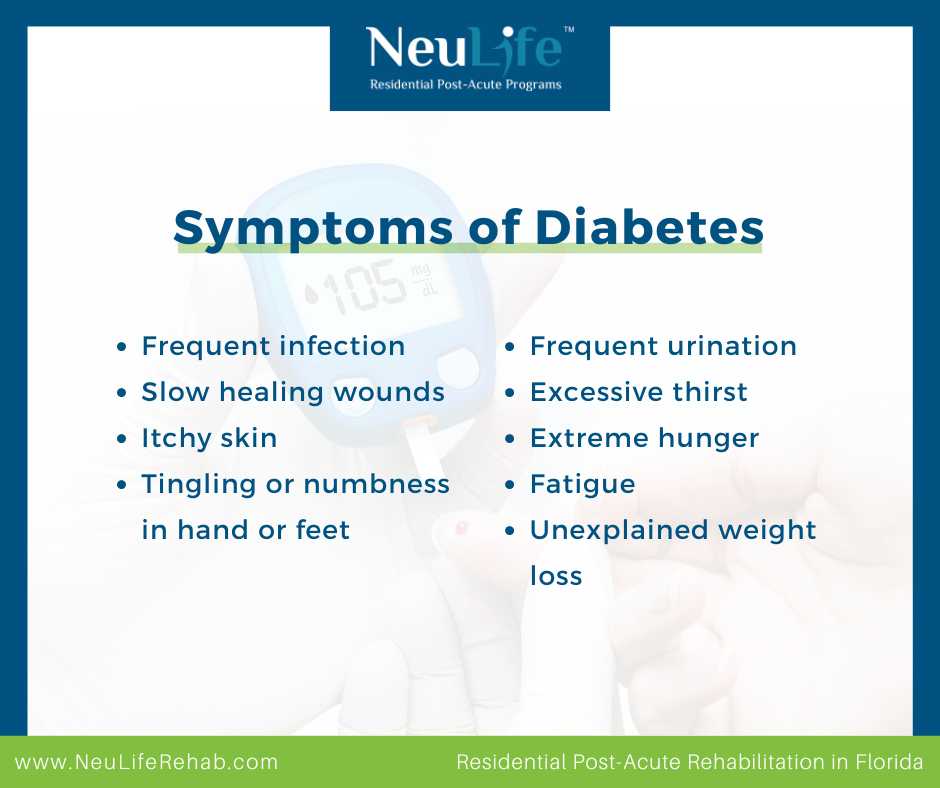According to the Centers for Disease Control and Prevention (CDC), more than 38 million Americans have diabetes, and 1 in 5 of them do not know they have it. People with diabetes have an increased risk of developing other health conditions, such as heart disease, blindness, and kidney disease.
In this blog, we will dive deeper into the connection between diabetes and brain injury, exploring the causes, symptoms, and potential treatment options. So, let’s explore this topic further and discover what the research has to say about the complex relationship between these two conditions.

Diabetes is a chronic condition that occurs when the body is unable to produce or effectively use insulin, a hormone responsible for regulating blood sugar levels. This results in high blood sugar levels, which can cause damage to various organs and systems in the body.
There are two types of diabetes – type 1 and type 2.

Type 2 diabetes can develop slowly, and some individuals may not experience any symptoms in the early stages. However, as the disease progresses, they may start to notice the following signs:
There is a strong link between diabetes and brain injury. In fact, people with diabetes are more likely to experience brain damage compared to those without diabetes.
Diabetes can lead to damage in the small blood vessels in the brain. These blood vessels are responsible for supplying oxygen and important nutrients to the brain cells. When these vessels get damaged, it can result in a stroke, which is a medical emergency that occurs when blood flow to the brain gets blocked. This lack of oxygen and nutrients can cause brain cells to die, leading to permanent brain damage.
Apart from strokes, diabetes can also increase the risk of developing dementia, a group of conditions that affect the brain and cause a decline in memory, thinking, and behavior. Research has shown that diabetes can accelerate the progression of Alzheimer's disease, a type of dementia, by causing damage to brain cells.
But can diabetes also affect the brain? The answer is yes. Diabetes can potentially lead to brain injury or worsen its effects, making treatment more challenging.
One of the most common effects of diabetes on the brain is nerve damage, also called diabetic neuropathy. This condition affects the nerves in the arms, legs, and feet, causing pain, numbness, and tingling sensations. These symptoms can affect balance and coordination, increasing the risk of falls and accidents, leading to brain injury. Moreover, diabetic neuropathy can also affect the autonomic nervous system, which controls bodily functions such as blood pressure and heart rate. This can affect the body's response to brain injury, making it difficult to detect and treat.
Diabetes can also impact the treatment of brain injury in other ways. People with diabetes often have weaker immune systems, making them more susceptible to infections. This can increase the risk of infection following a brain injury. Furthermore, diabetes can also affect the body's ability to heal, thus prolonging the recovery process. It can also interfere with the effectiveness of medication used to treat brain injury, potentially worsening the condition.
The good news is that there are steps you can take to protect your brain if you have diabetes. Here are some steps you can take to keep your blood sugar levels under control:
Failing to recognize the potential effects of diabetes and brain injury can have detrimental, lasting effects on your well-being and recovery. At NeuLife Rehabilitation, we are well aware of the complexities involved in managing both conditions simultaneously. Our personalized rehabilitation for brain injury and treatment plans are specifically tailored to address this unique combination.
Don't hesitate any longer - take charge of your health and place your trust in our highly skilled team to guide you towards optimal recovery. Don't allow the correlation between diabetes and brain injury to hinder your progress any further. It's time to take the first step towards a brighter and healthier future with our expert neuro rehab and post acute rehabilitation services for brain injury.

***
The material on this site is for informational purposes only and DOES NOT CONSTITUTE THE PROVIDING OF MEDICAL ADVICE, and is not intended to be a substitute for independent professional medical judgment, advice, diagnosis, or treatment. Always seek the advice of your physician or other qualified healthcare provider with any questions or concerns you may have regarding your health.

We know that choosing the next step in your recovery from a catastrophic illness or injury is complex. Together, we can help you take the next step.
Contact us with any questions today.